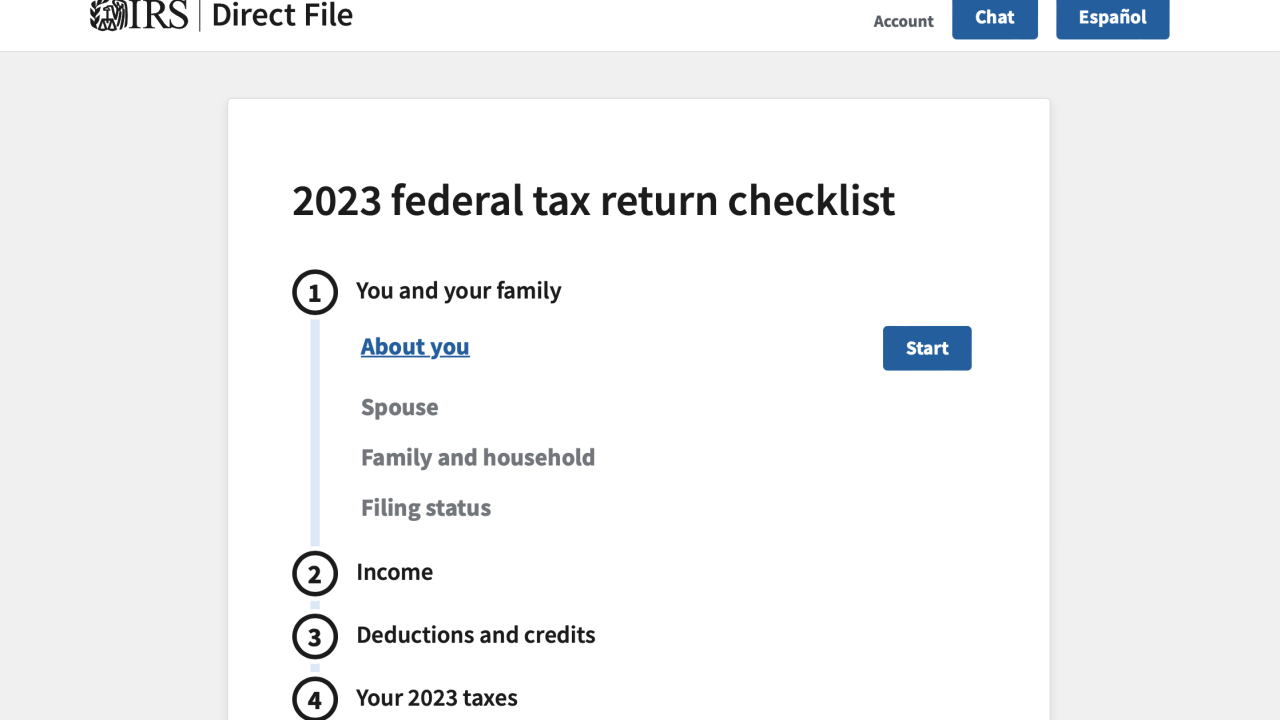The Public Company Accounting Oversight Board has been requiring auditing firms to conduct engagement quality reviews ever since 2009 as a way to improve audit quality, but the number of auditing deficiencies tied to those reviews has been going up in recent years.
The PCAOB released a
The goal of an EQR reviewer is to evaluate the significant judgments made by the engagement team and the related conclusions reached in forming the overall conclusion on the engagement. AS 1220, "Engagement Quality Review," was originally adopted in 2009 and later amended last year to increase the likelihood that auditors would be able to identify significant audit deficiencies before issuing their audit or attestation report. The PCAOB considers the EQR reviewers' evaluations to be an important part of an audit firm's quality control system.
The staff report focuses on the PCAOB-mandated EQR process, in which a reviewer who's not part of the engagement team evaluates significant judgments made by the audit engagement team.
"Engagement quality reviews are an important investor safeguard during the audit process. Unfortunately, audit firms are increasingly falling short when performing this function," said the PCAOB's chair, Erica Williams, in a statement. "We urge audit firms and audit committees to read our EQR report so they can fully live up to their responsibility to protect investors against insufficiently supported audits."

In addition to covering recent trends in audit deficiencies related to EQRs, the report recommends some good practices and reminders for auditors to avoid deficiencies, while also providing some questions related to EQRs that audit committees may wish to consider as discussion points when they engage with their outside audit firm.
"An EQR reviewer, including any assistants, must be independent of the public company or broker-dealer, perform the EQR with integrity, and maintain objectivity in performing the review," the report reminds auditors. "An EQR reviewer may not be the person who served as the engagement partner during either of the two audits preceding the audit subject to the EQR, should not make decisions on behalf of the engagement team or assume any of the responsibilities of the engagement team. This requirement ensures the reviewers can withstand attempts to influence the review from the engagement partner."
Despite the glut of EQR deficiencies, the report points out that many firms — ranging from big global network firms to sole proprietorships — continue to take EQR-related steps to enhance their quality control systems. Positive steps include workload and expertise monitoring, timely and increased involvement of EQR reviewers for key audit milestones, better accountability, new and updated audit tools and guidance, and root cause task forces.
For audit committee members, the staff report includes some questions they could bring up during discussions with the auditors, including subjects such as EQR policies and procedures, EQR reviewer experience, and significant judgments that came under discussion.





